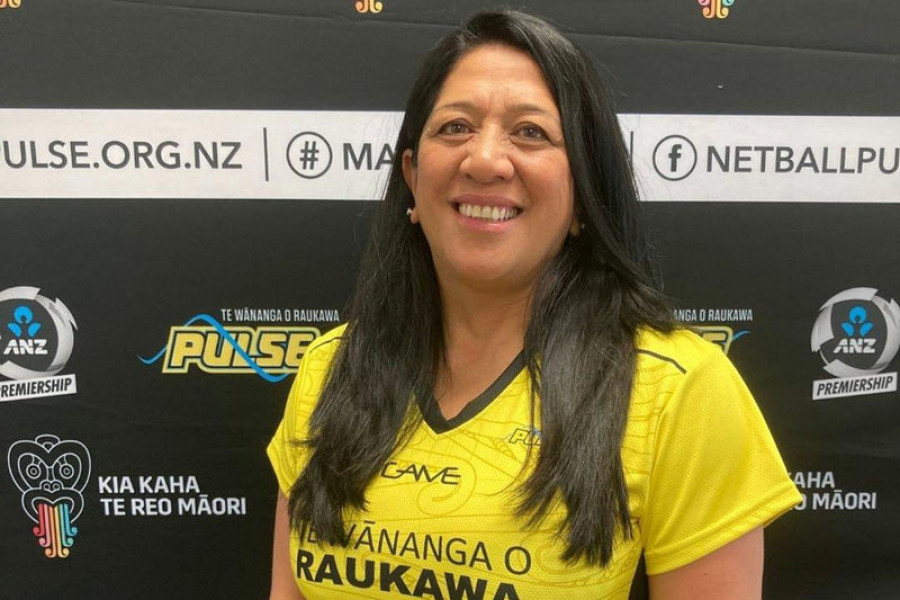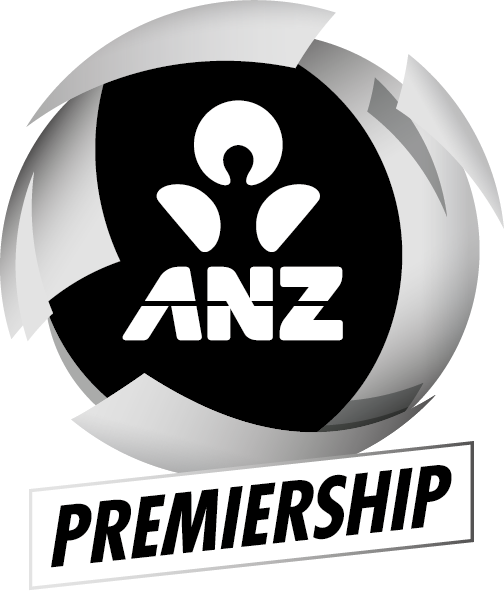Gail Parata named new Pulse head coach

Gail Parata has been named as head coach of Te Wānanga o Raukawa Pulse for next year’s ANZ Premiership season.
Parata takes over from Yvette McCausland-Durie who ended a successful four-year stint when securing back-to-back titles in last month’s ANZ Premiership Grand Final.
Parata headed offshore in 2013, her subsequent six years as head coach of the Scottish Thistles bolstering her depth of knowledge and experience. She has now come full circle in returning to her home city and clinching the coveted role.
“I’m absolutely delighted, it has always been a goal of mine,” she said.
“It’s a put the work in, get the rewards type of thing and has gone full journey. Back in the day, I wasn’t an experienced head coach but took the punt to go overseas and it was the best decision I made.”
It has taken time and a variety of adventures along the way for the former midcourter to arrive back at the point where a coaching career first took hold in the late 1990s.
Hailing from Hawera, Parata made the move to Wellington as a 20-year-old to further her life and netballing experiences after being a Taranaki regional age-group representative, quickly joining the famed PIC club.
An influential and classy midcourter in the national league and national provincial championships for PIC and Wellington over many years, the diminutive Parata finally got her chance with the Silver Ferns in 1996 as a 28-year-old.
Often told she was too short and on the verge of retirement, Parata got just the one test in 1996 but cherished her inclusion in the Silver Ferns.
Her coaching career started while she was still playing when she assumed a player/coach role with PIC before becoming head coach of Wellington, followed by the assistant coach position of the Capital Shakers in the National Bank Cup.
Heading into the semi-professional era, Parata was Pulse assistant in 2010 and 2011 and Northern Mystics assistant in 2012 during the former trans-Tasman league, heading offshore the following year where she became a game-changer during her six-year stint with Scotland’s national team. She also helped launch the Strathclyde Sirens and their participation in the UK Superleague, coaching them in 2017 and 2019.
“I know I’m going to be dealing with different types of athletes at the Pulse but our game is still the same, and now it’s just about working at different levels,” she said.
“I absolutely think with all the experiences I’ve had and places I’ve been, has set me up well for the Pulse job. I qualified the Scottish team for two World Cups and a Commonwealth Games. When I arrived in Scotland, they were fourth in the UK rankings behind England, Wales and Northern Ireland and I managed to get them up to second.
“There were lots of challenges over there but I loved my time, loved the people, the athletes were great and I got a tremendous amount of learning from the experience.”
Last year, Parata, who has a Master of Science Performance Coaching, took Scotland, a team of athletes who largely work fulltime or are students, to their highest ever world ranking of seventh.
Parata is enjoying being back in the New Zealand set-up, getting an early taster when she was Dame Noeline Taurua’s assistant coach with the Silver Ferns for the Netball Nations Cup tour to England in January. She also worked in an advisory capacity with the Mystics during this year’s ANZ Premiership.
“Now I’m home and where I want to be. Wellington is my home. I’m originally from Taranaki which is part of the Central Zone and I just want to be a part of developing the next generation of Pulse and Silver Ferns athletes.”
Armed with her impressive pedigree, the Central Zone and Pulse are delighted to secure the services of Parata.
“Gail is a fabulous addition to the Te Wānanga o Raukawa Pulse organisation,” CEO Fran Scholey said.
“She has certainly made her mark with Scotland and she will now be able to continue to build on the success here with her own flair.
“We included players within the coaching interview process, with a team talk presentation and on-court training session amongst two of the three assessment criteria. Having players involved allowed us to continue in building with our people/players philosophy.”






